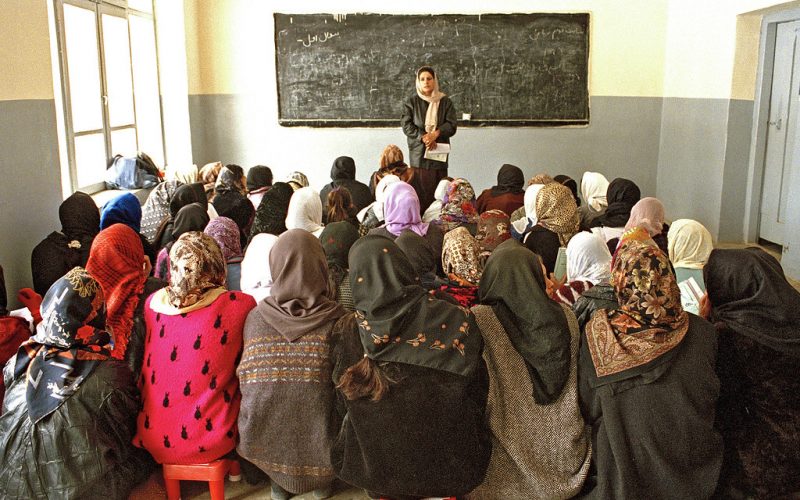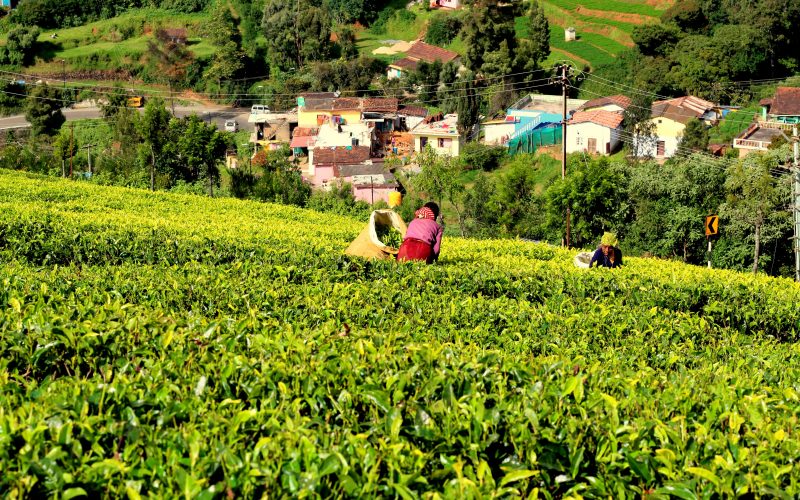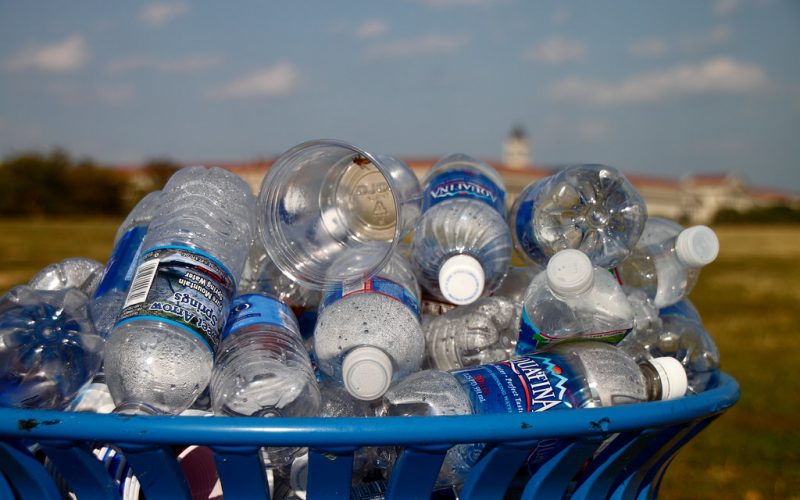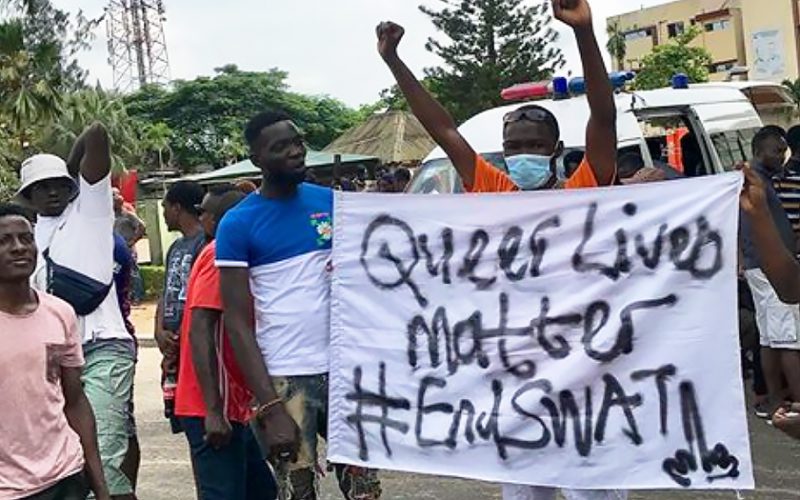The Indian agriculture acts of 2020, often referred to as the Farm Bills, are three acts that were passed by the Parliament of India in September 2020. These three very […]

Education is crucial to ensure human dignity of individuals. The right to education, as stipulated by UNESCO, entails primary education that is free, compulsory, and universal, and secondary education that is generally available, accessible to all, and progressively free. Yet, according to UNESCO estimates, 130 million girls ages 6 to 17 are out of school, and 15 million girls of primary-school age will never gain access to a classroom in their lives. Despite education being one of the most powerful tools in elevating the quality of life for marginalized individuals, it is often those very individuals that are subjected to conditions that restrain them from receiving this education. One of the most prominent global barriers to education for children is poverty. While poverty suppresses both male and female education, young girls experience distinct barriers that necessitate specific analysis, as exemplified in my case study of Nigeria.




